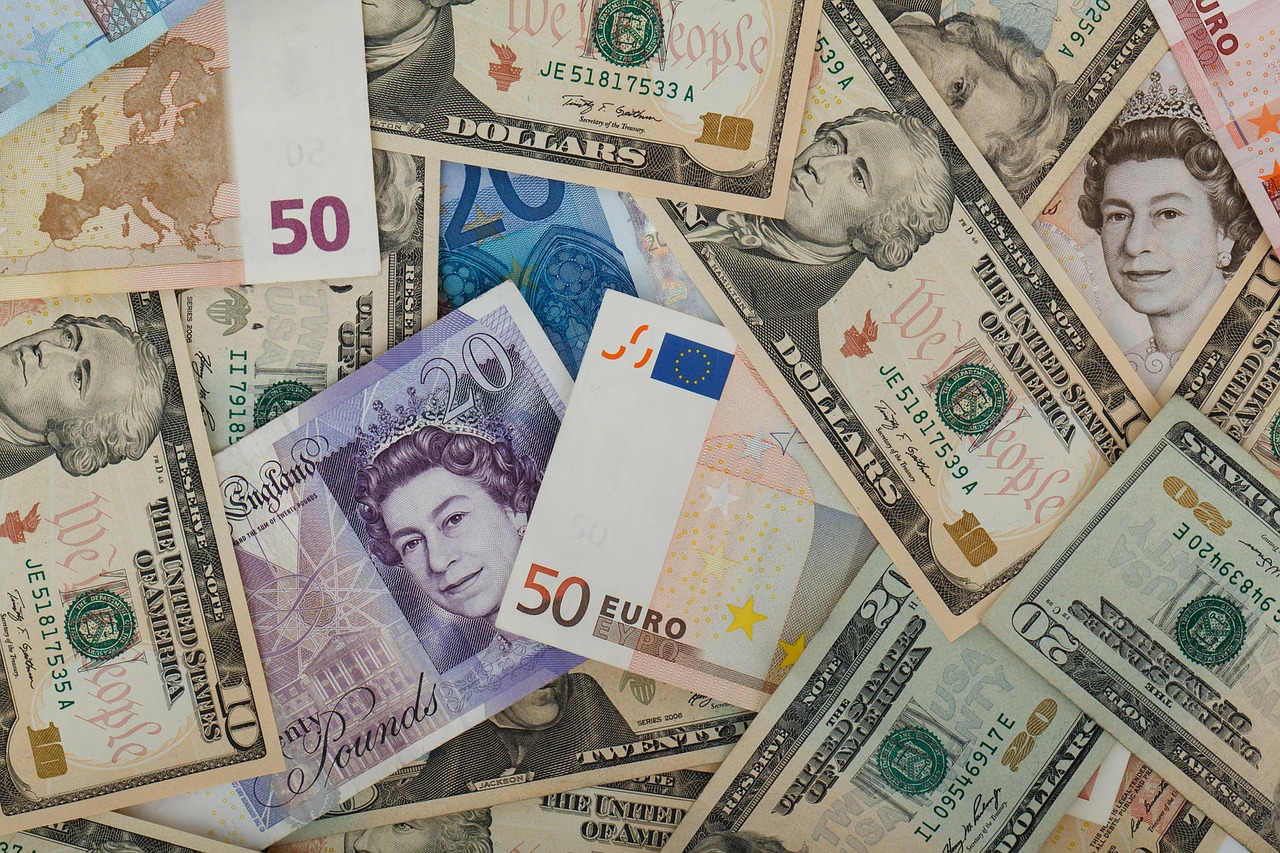European Shares Dip on Evergrande Woes but Maintain Weekly Gains

On Friday, European shares slipped, but maintained their gains for the week, as investor sentiment was weighed down by the uncertainty surrounding the fate of China’s debt-ridden Evergrande. There was a 0.78% dip in the STOXX 600 index, after enjoying gains for three days straight. There was also some weakening seen in Germany’s and Britain’s FTSE 100. Nonetheless, it appeared that European shares would close the week higher despite the sharp selloff that occurred on Monday, as investors adopted a positive attitude over global growth, after the meeting of the US Federal Reserve and on hopes that the Evergrande crisis could be fought off.
Asia told a completely different story, as there was little change in the MSCI’s broadest index of Asia-Pacific shares excluding Japan. However, it has fallen for the week by 0.7% and is poised for its third consecutive weekly loss. There was a 2% increase in Japan’s Nikkei, as it caught up with global gains after the market was shut down for a public holiday. Most of the early losses in Chinese blue chips recovered after the central bank made a cash injection, which brought its total weekly injection to 270 billion yuan. This is equal to $42 billion and is the largest injection since January. There was a 0.34% decline in the S&P 500 e-minis and US stock futures.
But, investor confidence remains rattled due to Evergrande’s debt crisis. There was an 11% fall in the shares of the property developer on Friday, which extended its losses after a report that some offshore bondholders hadn’t received their interest payments by the deadline on Thursday. The previous day, shares had rallied by 17.6%, as the company disclosed settling its interest payments on a local bond. Evergrande is currently dealing with a $305 million tall mountain of debt and its debt payment obligations have kept global investors on tenterhooks.
The malaise of China’s biggest property developer could result in systemic risks to the financial system in China. Analysts said that while investors were nervous about a number of regulatory changes and the woes in the property sector in China, they had positive sentiment elsewhere. Experts said that large development economies were experiencing growth and monetary policy also remained supportive. There is a correction every once in a while due to a shock in the system, but they haven’t been that intense. On Wednesday, the Fed announced that it could start cutting back on its bond-buying program as early as November and that interest rates could also see a hike as quick as next year.
The markets priced in the November deadline. The stocks rallied on Thursday, whereas there was a sharp drop in the dollar index overnight against a basket of other currencies. It fell from its highest level in over a month before it steadied in European hours. Benchmark 10-year Treasury yields also saw their yield firm at 1.44%, which is its highest since July 2nd. In the last two days, it saw gains of 15 basis points.


















